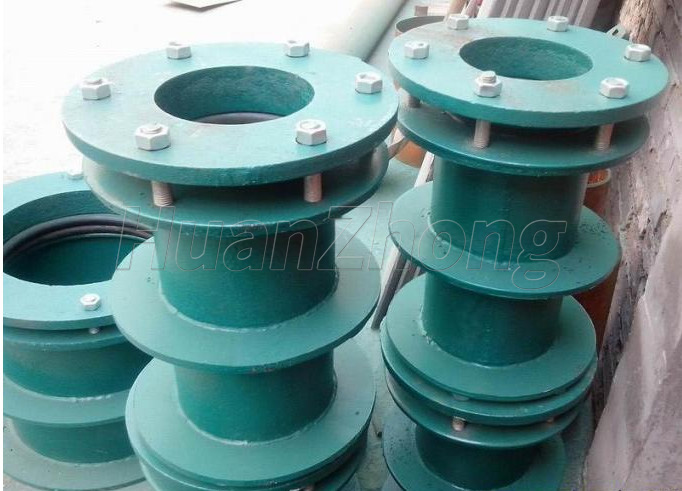Principles of waterproof casing selection for fire fighting pools.
Principles of waterproof casing selection for fire fighting pools. The selection of waterproof casings for fire fighting pools is a critical aspect of ensuring the effectiveness and safety of the fire suppression system. In this essay, we will discuss the principles that should be considered when choosing waterproof casings for fire fighting pools.
Material Compatibility: The first principle in selecting waterproof casings for fire fighting pools is to consider the compatibility of the casing material with the contents of the pool. The casings should be resistant to the particular chemicals, contaminants, or additives that may be present in the pool water. Common materials used for waterproof casings include stainless steel, HDPE (high-density polyethylene), and PVC (polyvinyl chloride), as they offer excellent resistance to corrosion and durability.

Waterproofing Capability: The primary function of a waterproof casing is to prevent water from infiltrating into sensitive components or electrical systems. Therefore, the casing must have a high level of waterproofing capability. Look for casings with high IP (Ingress Protection) ratings, such as IP67, which ensure complete protection against dust and immersion in water up to a certain depth. Additionally, the casing should have reliable seals and gaskets to prevent any water leakage.
Fire Resistance: Fire fighting pools are an integral part of fire suppression systems, so the casings selected should have good fire resistance properties. Consider casings that are made from fire-resistant materials, such as stainless steel or fire-rated plastics. These casings should be able to withstand high temperatures and resist the spread of fire, ensuring that critical components are protected during an emergency situation.
Size and Configuration: The size and configuration of the waterproof casing should be selected based on the specific requirements of the fire fighting pool system. Consider the dimensions of the equipment or components that need to be protected and ensure that the casing has sufficient space to accommodate them. Additionally, consider the accessibility needs for maintenance and repair tasks, making sure that the casing allows easy access to the relevant equipment.
Durability and Longevity: Fire fighting pool systems are designed to function reliably in emergency situations. Therefore, the selected waterproof casings should be durable and have a long lifespan. Choose casings made from high-quality materials that can withstand harsh environmental conditions, including UV exposure, extreme temperatures, and chemical exposure. Look for casings that have undergone rigorous testing and have a proven track record of durability and longevity.
Compliance with Standards and Regulations: When selecting waterproof casings for fire fighting pools, it is crucial to ensure compliance with relevant standards and regulations. Consider casings that meet international certifications, such as UL (Underwriters Laboratories) or FM (Factory Mutual), which ensure that the casings have undergone stringent testing and have met specific safety standards.
In conclusion, the selection of waterproof casings for fire fighting pools should be based on several principles to ensure functionality, safety, and compliance. Consider the compatibility of casing materials with the pool's contents, the waterproofing capability, fire resistance, size and configuration, durability, and compliance with relevant standards. By following these principles, it is possible to choose casings that effectively protect critical components and ensure the overall reliability of the fire suppression system.
